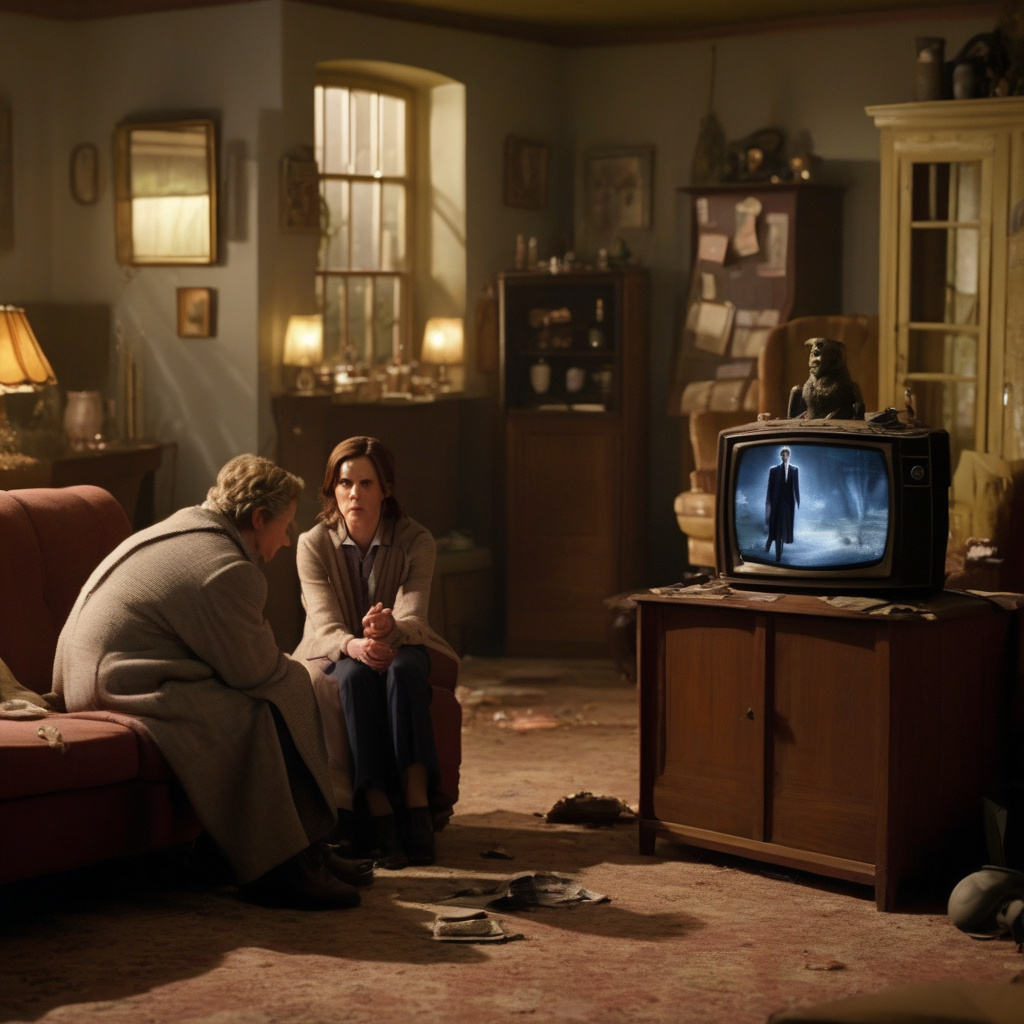Doctor Who’s latest two-part finale left many fans, including myself, feeling disappointed and even frustrated with how two crucial characters were handled. The characters in question, companion Belinda Chandra and antagonist Mrs. Flood, were set up with such promise and complexity, only to have their arcs fall flat in the end.
Mrs. Flood’s build-up as a mysterious villain from Classic Who, The Rani, seemed promising. However, her character was swiftly overshadowed and replaced, leaving fans underwhelmed by the lackluster reveal. Anita Dobson’s portrayal of Flood felt sidelined and lacking the impact such a character deserved, especially with the abrupt introduction of a second Rani, played by Archie Panjabi.
On the other hand, Belinda’s character arc took a disappointing turn towards the finale. Initially portrayed as a strong, independent woman with ambitions beyond being a mother, Belinda’s narrative abruptly shifted to reduce her to a traditional housewife role, caring for a child named Poppy. This sudden transformation stripped Belinda of the depth and agency she had been built upon, relegating her to a one-dimensional plot device.
The rushed and unconvincing resolutions for both Belinda and Mrs. Flood reflect a missed opportunity for Doctor Who to explore more nuanced and empowering storylines for its female characters. Instead of challenging stereotypes and breaking new ground, the show regressed into tired gender tropes, diminishing the impact of these characters.
As a long-time fan of Doctor Who, I can’t help but feel let down by the lackluster treatment of Belinda and Mrs. Flood in the finale. Moving forward, I hope the show learns from these missteps and strives to give its female characters the depth, agency, and respect they deserve. Doctor Who has a legacy of pushing boundaries and championing diversity on screen, and it’s essential to uphold these values in the storytelling for a truly engaging and inclusive viewing experience.

